
News Archive
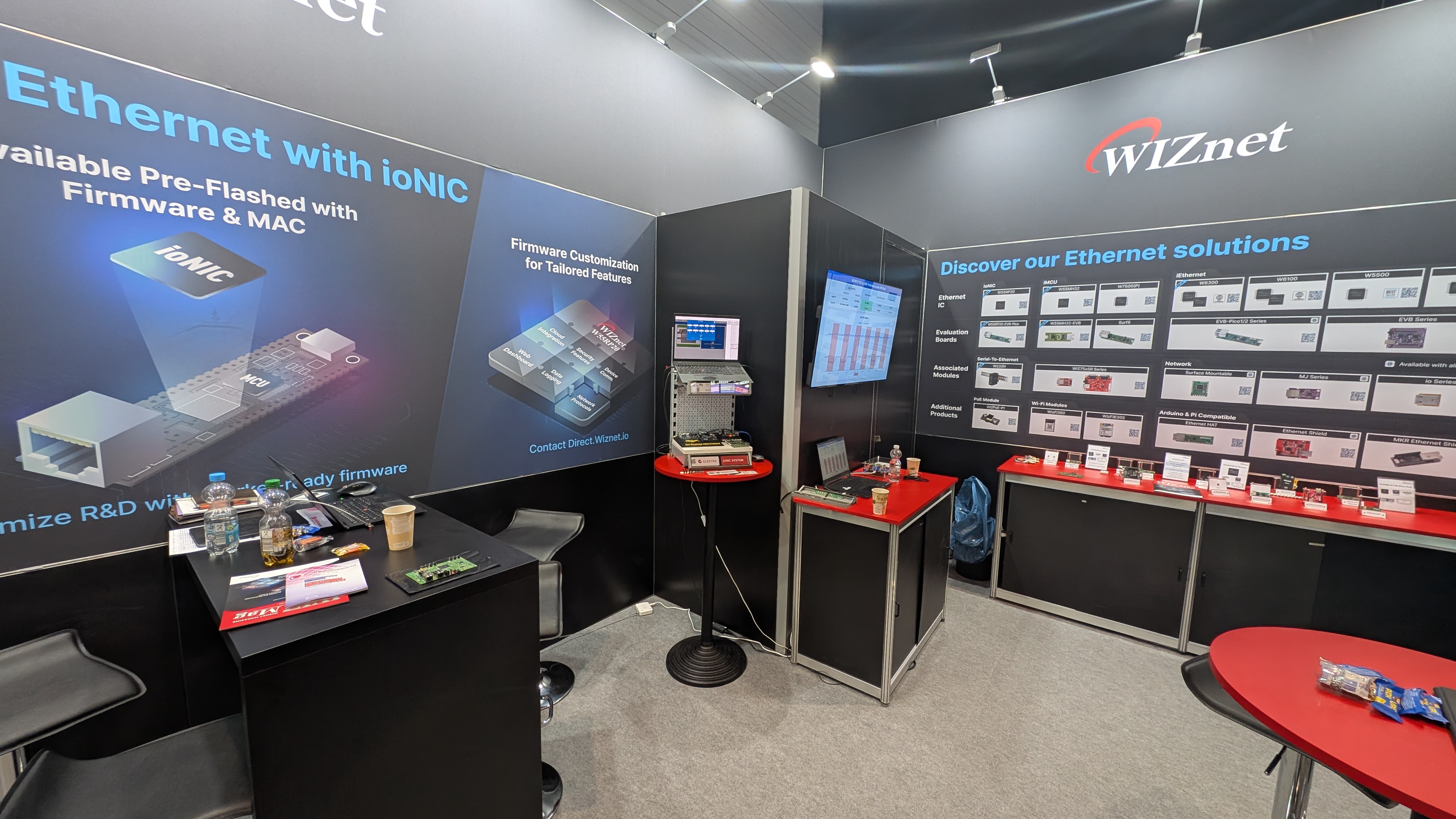
WIZnet on the embedded world 2025 - booth 3A-140
We had a great exhibition booth at the embedded world 2025 with our colleagues from WIZnet Korea, WIZnet USA and WIZnet HongKong. We presented: + W55RP20 + the new W6300 + W55MH32 + many modules and EVBs + perormance and application Demos
2025-03-13
Innovate and Network: Launch of the 33rd Funding Round for SME Projects
IraSME is a network of ministries and funding agencies which are owners and/or managers of national or regional funding programmes for cooperative research and development projects between small and medium-sized enterprises (SMEs). Against the background of growing competition in global markets, IraSME supports SMEs in their transnational innovation activities, helps them to acquire technological know-how, extend their networks and bridge the gap between research and innovation.
2024-01-15
New Call for Collaboration between Germany and South Korea
Germany and South Korea launch the 10th joint call for R&D projects, encouraging innovation and partnership among SMEs. A testament to their commitment to driving technological progress through international collaboration. We're evaluating participation with our South Korean partners, highlighting our commitment to international collaboration
2024-01-08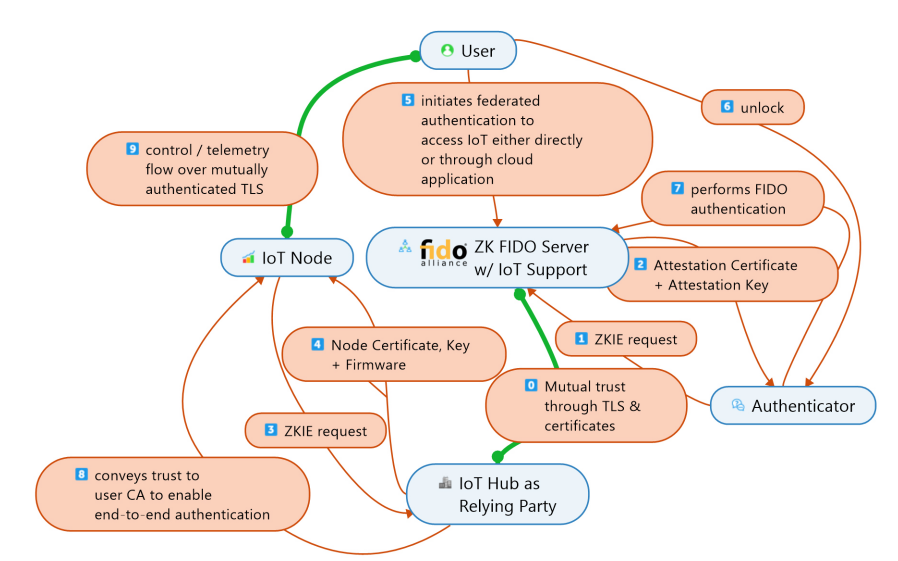
Zero-Knowledge registration of PKI authentication for symbiotic security in FIDO IoT - Scientific paper
In this paper, we critically discourse on the current Fast IDentity Online specification, its underlying security layer and the resulting misconceptions or even weaknesses. We juxtapose the presented view against some of the fundamental and long-standing public key infrastructure problems such as the initial enrolment of identities and their keys.
2023-12-19
WIZnet Secures 2nd Place in CSAW in Valance, France
We are pleased to share our recent participation in the Cyber Security Awareness Week (CSAW) Europe 2023. This event was organized by Grenoble INP and took place in Valence, France. CSAW aims to promote awareness, expertise, and innovation in the field of cybersecurity. The event includes guest lectures from industry and academia, as well as various cybersecurity competitions.
2023-11-01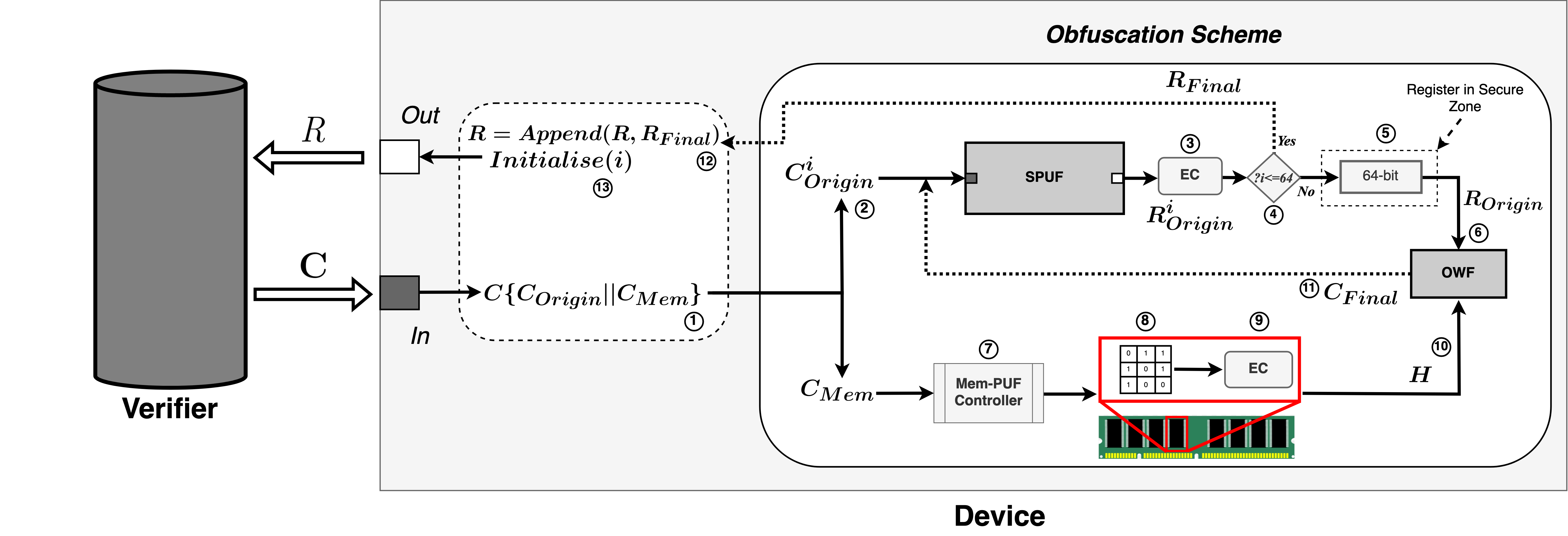
A Generic Obfuscation Framework for Preventing ML-Attacks on Strong-PUFs through Exploitation of DRAM-PUFs - Scientific paper
Considering the limited power and computational resources available, designing sufficiently secure systems for low-power devices is a difficult problem to tackle. With the ubiquitous adoption of the Internet of Things (IoT) not appearing to be slowing any time soon, resource-constrained security is more important than ever.
2023-07-31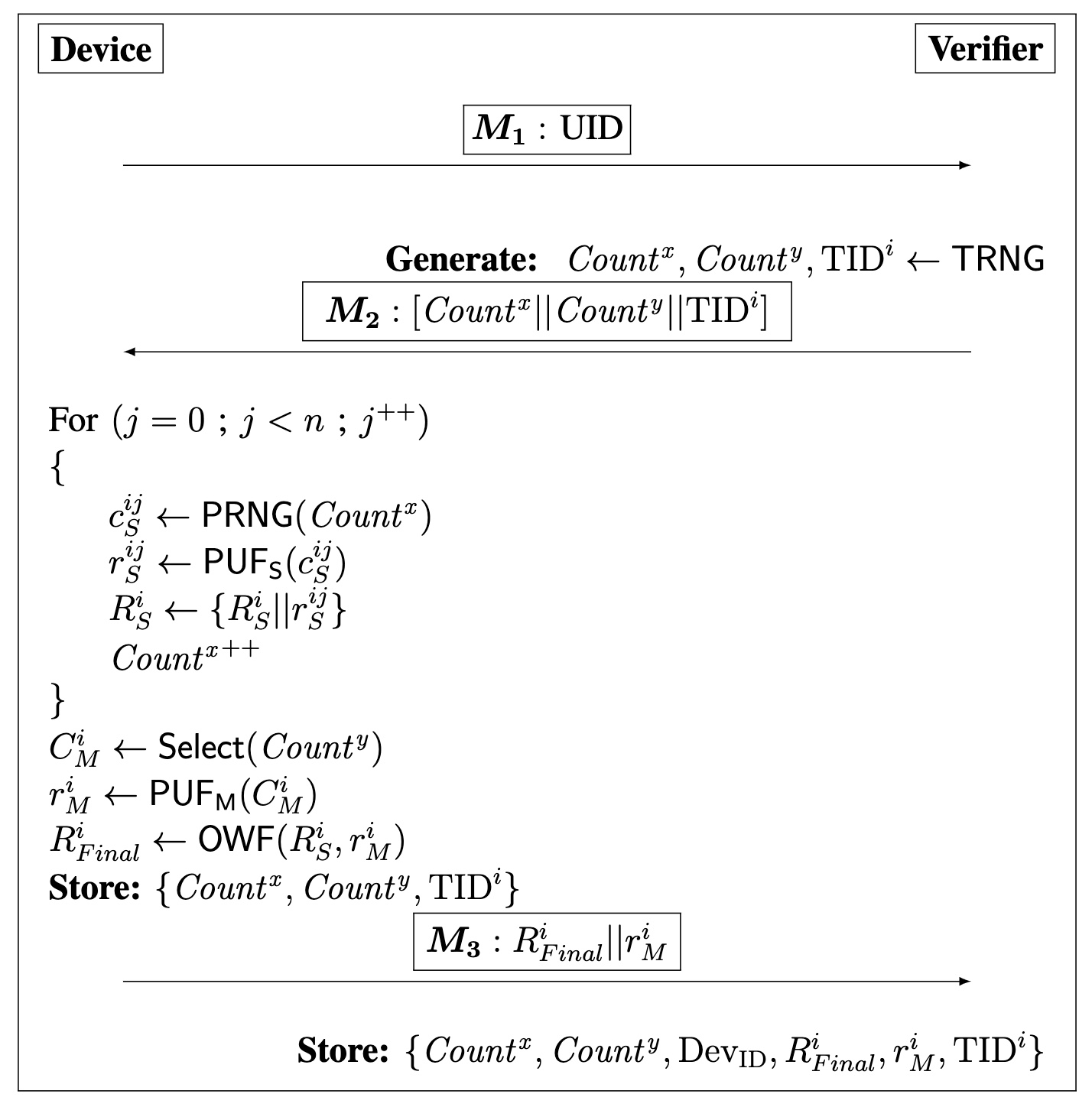
A Privacy-Preserving Protocol Level Approach to Prevent Machine Learning Modelling Attacks on PUFs in the Presence of Semi-Honest Verifiers - Scientific paper
With the ubiquitous and distributed nature of the Internet-of-Things (IoT), various qualities of traditional communication methods for end devices and their verifiers prove insufficient in solving the challenges this new paradigm faces.
2023-05-25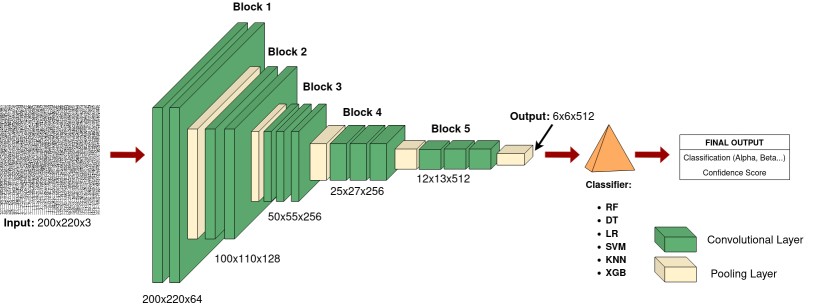
PUF-Phenotype: A Robust and Noise-Resilient Approach to Aid Group-Based Authentication With DRAM-PUFs Using Machine Learning - Scientific paper
As the demand for highly secure and dependable lightweight systems increases in the modern world, Physically Unclonable Functions (PUFs) continue to promise a lightweight alternative to high-cost encryption techniques and secure key storage.
2023-04-12
Design Rationale for Symbiotically Secure Key Management Systems in IoT and Beyond - Scientific paper
The overwhelmingly widespread use of Internet of Things (IoT) in different application domains brought not only benefits, but, alas, security concerns as a result of the increased attack surface and vectors. One of the most critical mechanisms in IoT infrastructure is key management. This paper reflects on the problems and challenges of existing key management systems, starting with the discussion of a recent real-world attack.
2023-01-01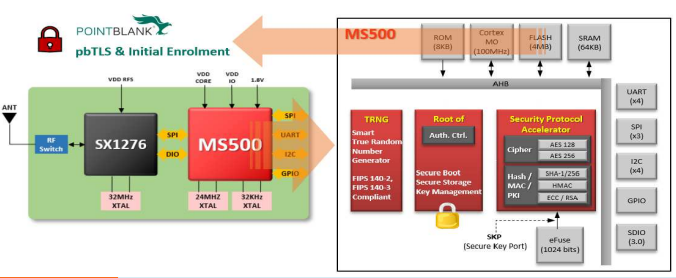
Discover the Latest Advances in VLSI Circuits and Systems Letter - Scientific paper
The 'IEEE VLSI Circuits and Systems Letter' highlights key advancements in VLSI design, from symbiotic security and adiabatic encryption for IoT, to innovative memristor-based amplifiers, pushing forward energy efficiency and security in embedded systems.
2019-11-04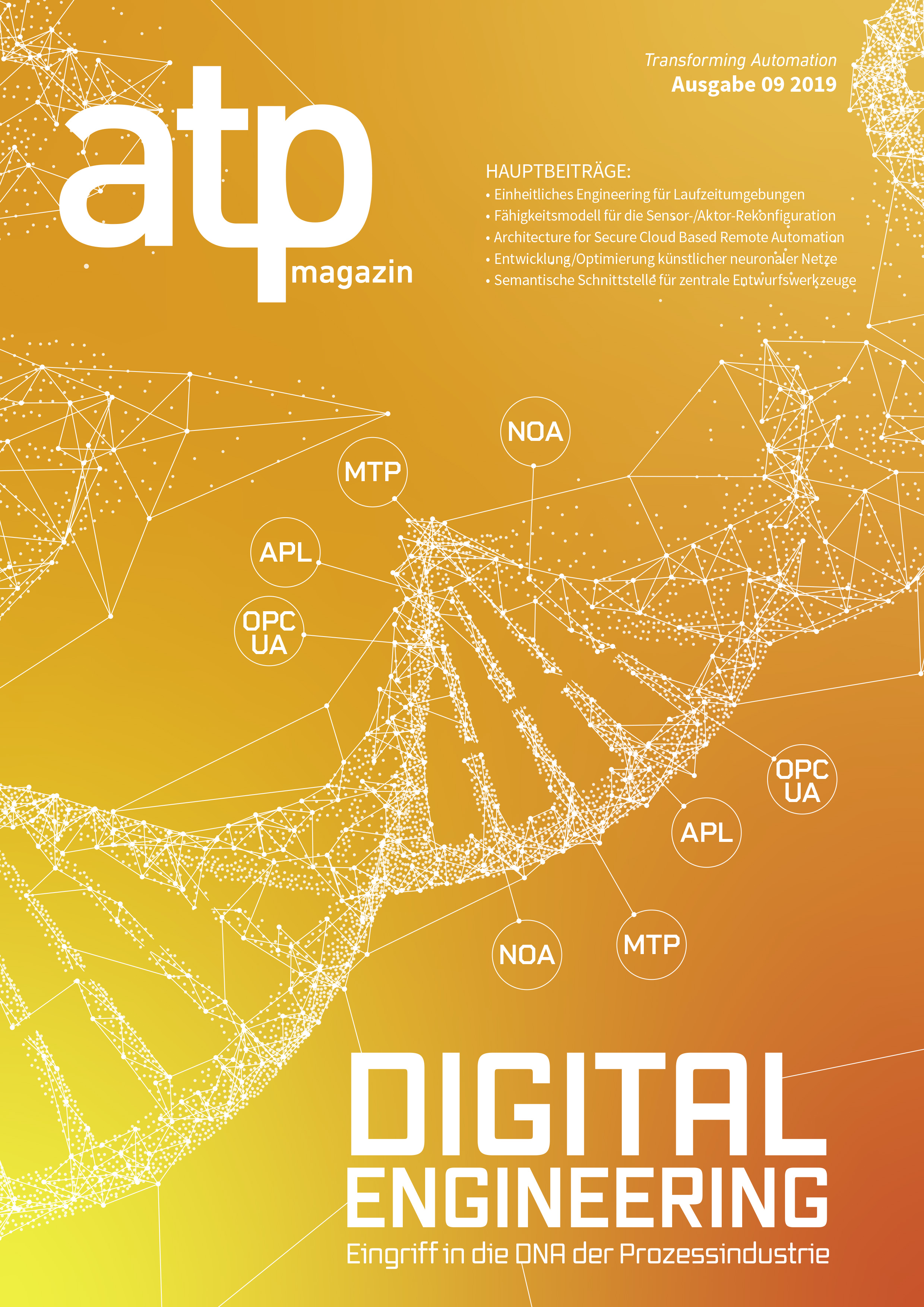
Universal Reference Architecture for Secure Cloud-Based Automation - Scientific paper
In this paper, we critically discourse on the current Fast IDentity Online specification, its underlying security layer and the resulting misconceptions or even weaknesses. We juxtapose the presented view against some of the fundamental and long-standing public key infrastructure problems such as the initial enrolment of identities and their keys (e.g., X.509v3 certificates).
2019-09-26